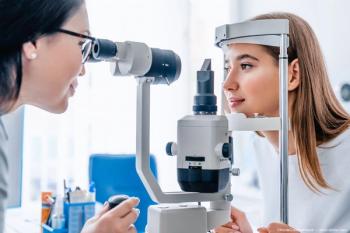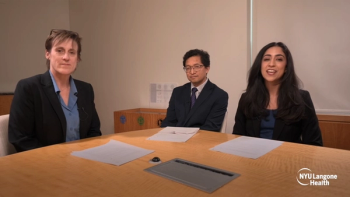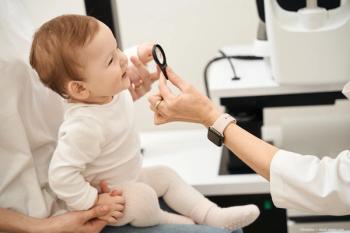
How much change do we need?
Coming home in the evening, I sometimes feel compelled to share with my daughter and spouse something I learned at work that day. This is always a mistake. Invariably my wisdom is greeted with a quick retort from my teenage daughter: "Dad, stop talking." My darling wife and love of my life is more generous; after expressing interest and asking a few questions, she tells me where I have gone wrong. Sometimes this results in an argument, as it did on this evening.
Coming home in the evening, I sometimes feel compelled to share with my daughter and spouse something I learned at work that day. This is always a mistake. Invariably my wisdom is greeted with a quick retort from my teenage daughter: "Dad, stop talking." My darling wife and love of my life is more generous; after expressing interest and asking a few questions, she tells me where I have gone wrong. Sometimes this results in an argument, as it did on this evening.
The insight I generously shared with my wife and daughter related to the need for change. The world, of course, constantly changes. This affects ophthalmology departments as well as ophthalmologists in practice.
Our society tells us we are spending too much of our resources on healthcare. Cuts in physician reimbursement projected to occur over the next few years total 25%. Meanwhile, National Institutes of Health funding is being cut at the same time we are urged to speed the process of turning laboratory discoveries into cures. In education, we are told to teach new skills and knowledge to residents, without cutting back on any of the stuff we already teach, while reducing the hours the residents are here.
Two very successful ophthalmology department chairmen recently mentioned change to me. One chairman described an interaction with a faculty member who objected to a change being made in the department.
"I have been doing things this same way for 25 years," the faculty member stated. "Why should I change now?" The chairman's response was: "because you've been doing things this same way for 25 years."
An emeritus chairman told me he had become convinced that change in and of itself was valuable and important to keeping a department vibrant and successful, "even if the change turns out not to have the hoped for positive benefits and we have to change back."
I was convinced that this is a fundamental insight, and that all ophthalmologists (and for that matter all of us) should be constantly challenging ourselves to seek improvement through change.
"Not so fast," says my wife. She says change is not necessarily good, and some things (e.g., principles like integrity, striving for excellence, financial prudence) should be permanent and not allowed to change.
My response is that, in a changing world, only constant change will allow our underlying core missions to be pursued. Witness the disaster that is General Motors, and the tens of thousands of employees losing their jobs as the result (in my opinion) of failure to change to the demands of a changing world. So much for GM's principle of providing for its employees. My wife and I came to a mutual understanding and also agreed to disagree.
As always, your perspective is welcome. If you agree with me that change is necessary and good in and of itself, be sure to write and I will send your comments to my wife. If you think teenage daughters should listen to their fathers respectfully and watch less television, your opinion is also welcome, and will be forwarded to my daughter.
Peter J. McDonnell, MD is director of The Wilmer Eye Institute, The Johns Hopkins University School of Medicine, Baltimore, and chief medical editor of Ophthalmology Times. He can be reached at 727 Maumenee Building, 600 North Wolfe St., Baltimore, MD 21287-9278Phone: 443/287-1511Fax: 443/287-1514
Newsletter
Don’t miss out—get Ophthalmology Times updates on the latest clinical advancements and expert interviews, straight to your inbox.





























